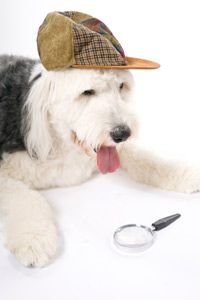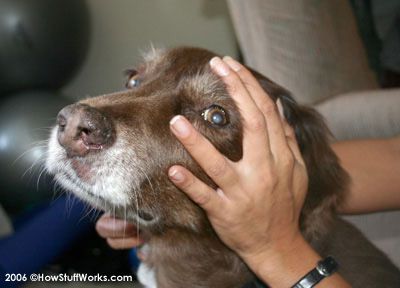The stench of urine permeated the air around the house. A chorus of desperate mews could be heard from across the street. When officers were called to the scene, they found dozens of malnourished and neglected cats living in appalling conditions inside the home. These officers are animal detectives and when the safety and welfare of an animal is on the line, they're on the job.
Animal detectives are known by many names, including humane law enforcement officers, animal cops and cruelty investigators. These professionals, trained and certified in the state in which they work, assist hurt or neglected animals, enforce animal cruelty laws (many of these people have the power to make arrests) and educate others about proper animal care. These detectives also investigate dogfighting rings, illegal hunting and poaching, testify in animal-related trials, inspect pet stores and research facilities, and investigate countless types of animal cruelty complaints.
Advertisement
As law enforcement officers work to keep people safe, animal detectives do the equivalent for animals.
Get ready to learn how animal detectives do their jobs, how a forensics laboratory was created to solve crimes committed against animals and how you can become a detective. But first, let's learn about the animal anti-cruelty laws investigators uphold and the authority they have to enforce these laws.

